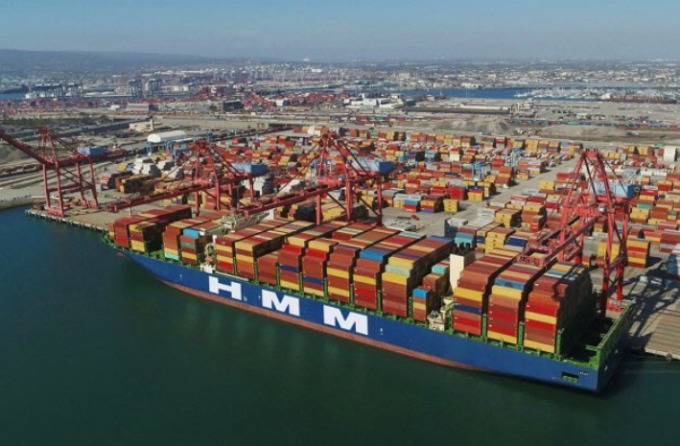- Fri. Apr 26th, 2024
Latest Post
A CIA Officer’s Insights on Detecting Deception in Due Diligence
As a seasoned CIA officer and author of a book on detecting lies, Phil ‘Dick’ Houston has developed a unique perspective on the importance of questioning and interrogating senior executives…
The AI Language Trend in Scientific Writing: Promising or Perilous?
Stanford University researchers led by James Zou found that AI language models tend to use words with positive connotations disproportionately, such as commendable, meticulous, intricate, innovative, and versatile. This phenomenon…
Soaring into Success: The Launch of Aviators, Mandan’s Aviation-Themed Sports Bar
Mandan’s newest addition to the business scene is Aviators, a sports bar located at 202 West Main Street. The bar is owned by five individuals, including pilot Ryan Deichert, whose…
MyWellSpan: A Seamless Way for Patients to Access and Manage Their Health Records
With the Health Insurance Portability and Security Act (HIPAA), individuals have the right to access their medical records and request changes to them. One convenient way to do this is…
Revolutionizing Safety Management: HMM Co.’s Implementation of AI-Powered Deep Eyes on its Fleet
Recently, South Korea’s leading sea carrier, HMM Co., announced the implementation of an advanced AI image analysis solution called ‘Deep Eyes’. The goal of this new technology is to enhance…
Cloud Computing Executive Jeff Lawson Surprises with Purchase of The Onion: What This Means for the Future of Satirical News
Jeff Lawson, the co-founder of cloud computing company Twilio, has reportedly purchased satirical news website The Onion from G/O Media. According to sources, a trust linked to Lawson is associated…
Natural Remedy for IBS: 5-HTP and Its Benefits as Adjunct Therapy Option
5-HTP is a vital ingredient that has gained popularity in recent years as a natural remedy for irritable bowel syndrome (IBS) or spastic colon. This ingredient is extracted from the…
Global Textile Showcase: The Functional Fabric Fair Highlights Sustainability, Innovation and Collaboration in Portland
The Functional Fabric Fair, powered by PERFORMANCE DAYS, recently held a successful event in Portland, Oregon. The show took place on April 17-18 at the Oregon Convention Center and attracted…
Science Meets Art: Unraveling the Authenticity of John Constable Paintings with Advanced Technology
Scientists at the University of Bradford are employing cutting-edge technology to determine if three additional paintings by John Constable have been uncovered. The process involves testing the pigments of the…
Alaska Sports Hall of Fame Induction Celebrates Diverse Group of Athletes, Healthy Futures Promotes Active Lifestyles”.
Lisa Keller from Outdoor Explorer recently sat down with Harlow Robinson, the executive director of Healthy Futures and the Alaska Sports Hall of Fame. During their conversation, they discussed the…




